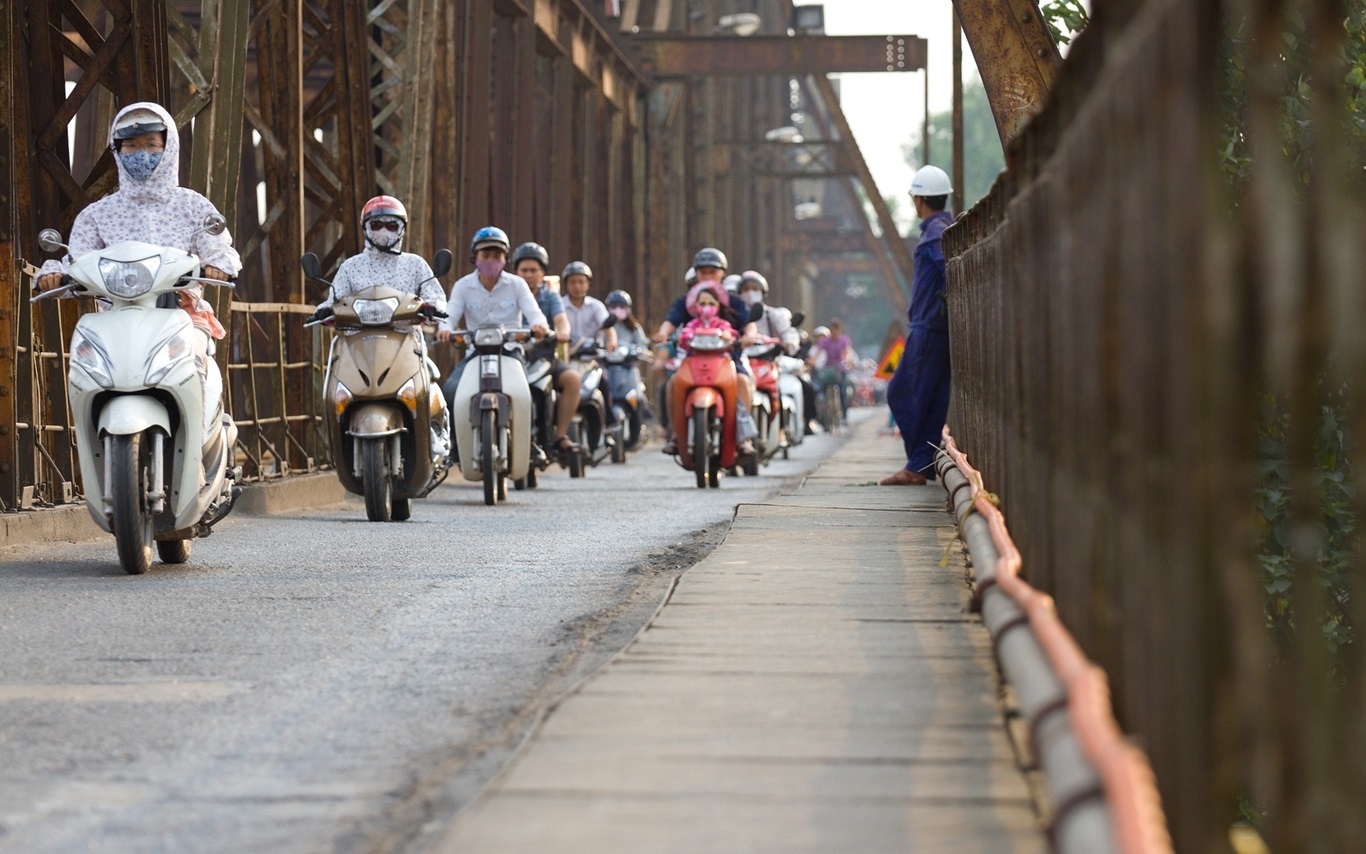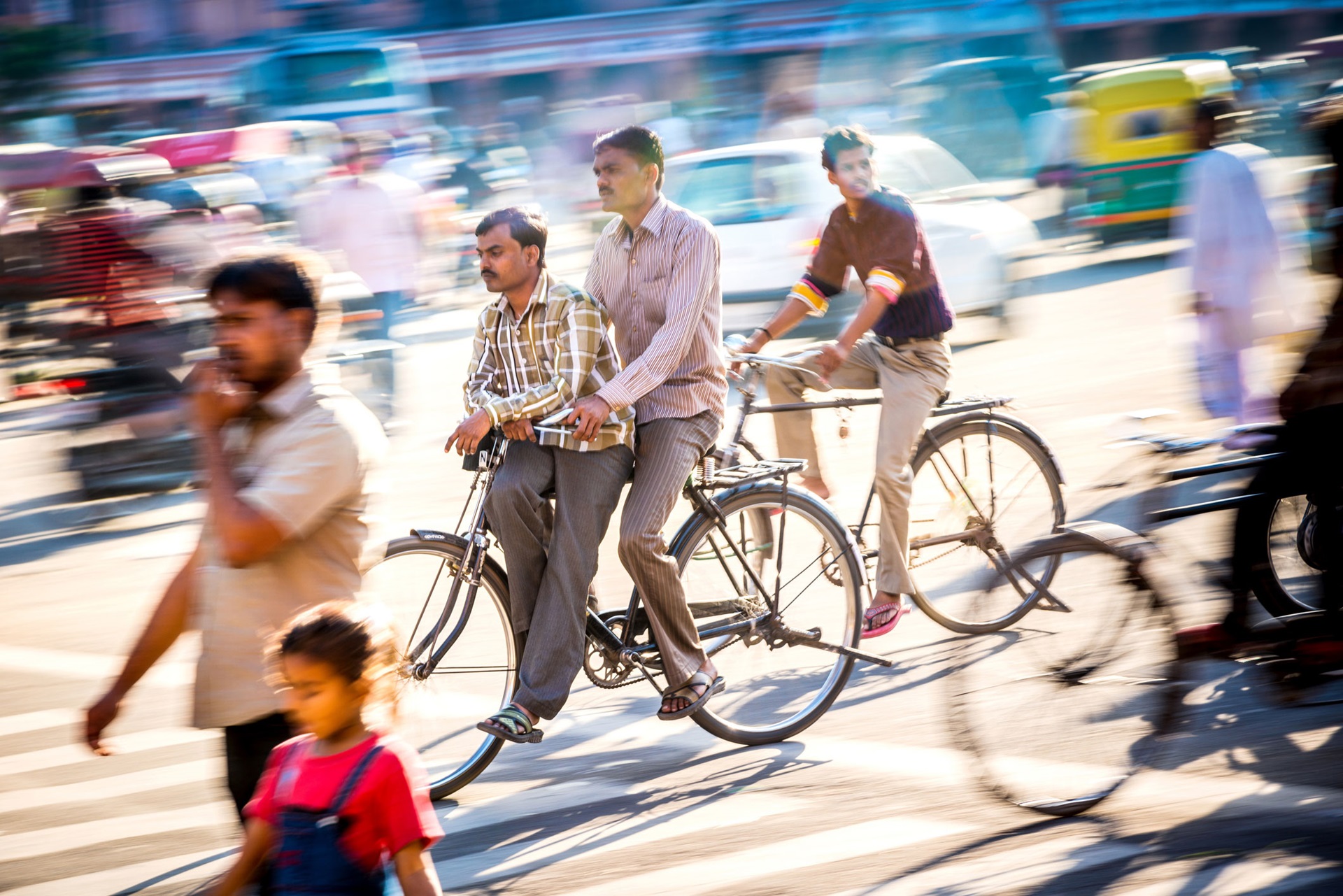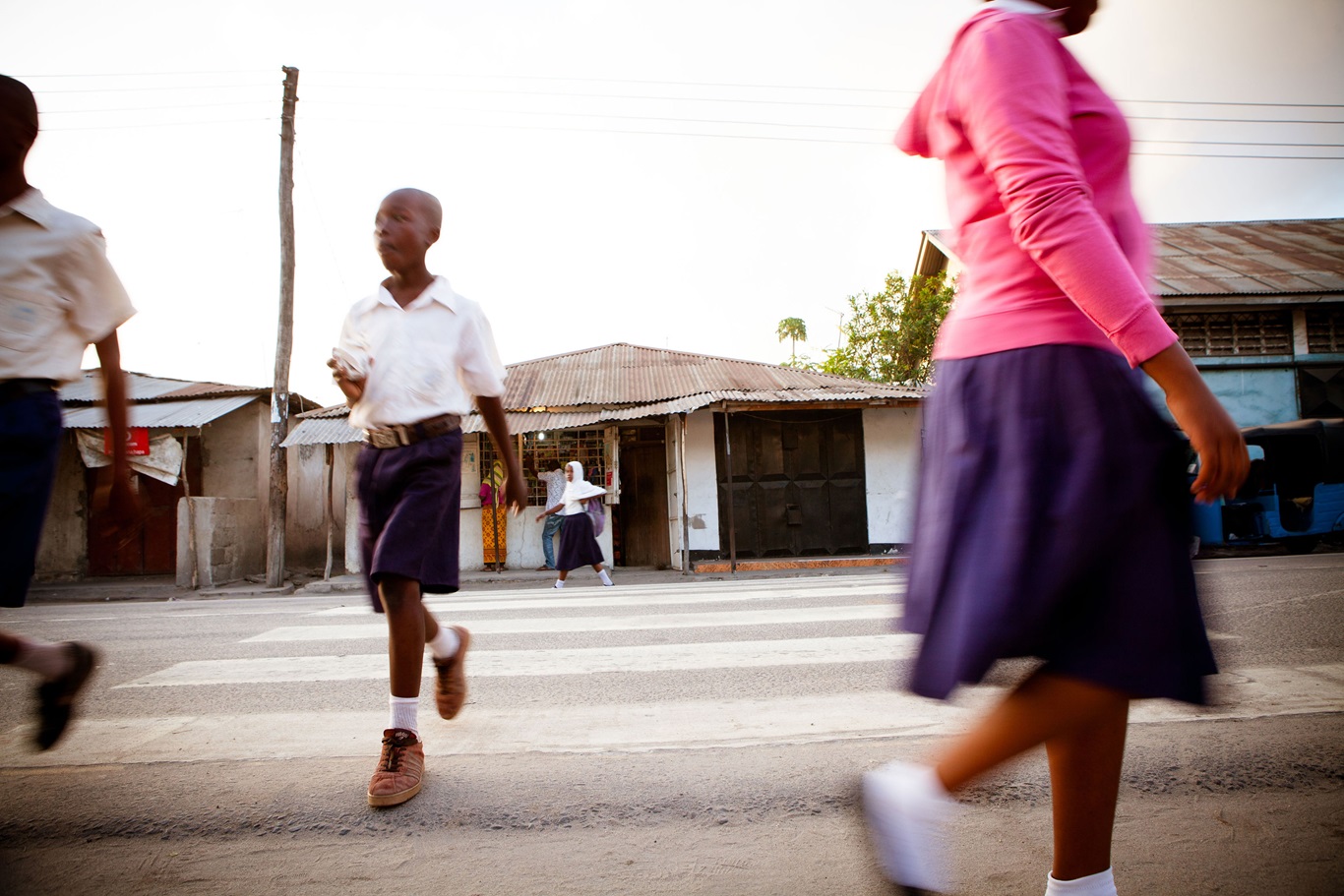In a major step towards the Global Ministerial Conference on Road Safety in February 2025, the World Health Organization (WHO) and the Government of Viet Nam have brought more than 120 leaders and experts from 12 countries together to advance the safety of motorcycle riders worldwide.
The number of motorcycles on the world’s roads nearly tripled in the decade to 2021, with some WHO regions seeing a four-fold increase. Motorcyclists and riders of other powered two- and three-wheeled vehicles now account for almost one third of the nearly 1.2 million annual deaths, with motorcyclist fatalities rising by 30% in the decade to 2021.
“With the rapidly rising numbers of motorcycles, it is crucial that we do more to assess and enhance the safety of motorcycle riders and passengers. WHO is at the forefront of this, and is working to convene crucial partners from governments, business and academia,” said Dr Nhan Tran, Head of Safety and Mobility at WHO.
There are 74 million motorcycles in Viet Nam, which is more motorcycles than adults in the country. Motorcycles make up more than 90% of all Viet Nam’s vehicles and are involved in over 60% of road crashes. Yet despite the rapidly growing vehicle fleet, the country reduced road fatalities by more than 40% between 2010 and 2021.
“The workshop was a valuable opportunity share experiences and lessons in ensuring safety for motorcyclists. We will work together towards new, comprehensive and sustainable solutions here in Viet Nam but that are also relevant for more countries, especially developing countries in South Asia, Africa and Latin America, where motorcycle traffic safety is becoming a major concern,” said Dr Khuat Viet Hung, President of the Transport Development and Strategy Institute, on behalf of the Viet Nam Ministry of Transport.
The International Conference on Motorcycle Traffic Safety: Challenges and Lessons Learned was held in Ha Noi by WHO and the Traffic Development and Strategy Institute at the Ministry of Transport in November 2024. It was supported by Bloomberg Philanthropies, the Global Health Advocacy Incubator (GHAI) and the Centre for Injury Research and Policy at the Johns Hopkins Bloomberg School of Public Health.
“Viet Nam has made great strides in making roads safer for its motorcyclists through new legislation, policy changes, awareness programmes and improvements to infrastructure. These measures have helped to significantly reduce deaths and injuries. So, there is a great deal of rich experience to share but of course there is still much more to do,” said Dr Angela Pratt, WHO Representative to Viet Nam.
Earlier this year WHO convened Global Advisory Board on Powered Two- and Three-Wheeled Vehicle Safety to help shape laws, policies and research into motorcycle safety globally. The group recommended focusing on improving the safety of child passengers as a priority.
WHO is engaging with industry and experts to find ways of reducing the risks, including assessing the impact of crashes on child passengers, and testing emerging products, such as straps and child seats for motorbikes. WHO and the Chinese Centre for Disease Control and Prevention (China CDC) are set to undertake a study on child passengers on electric bikes (e-bikes] in Shanghai, China.






